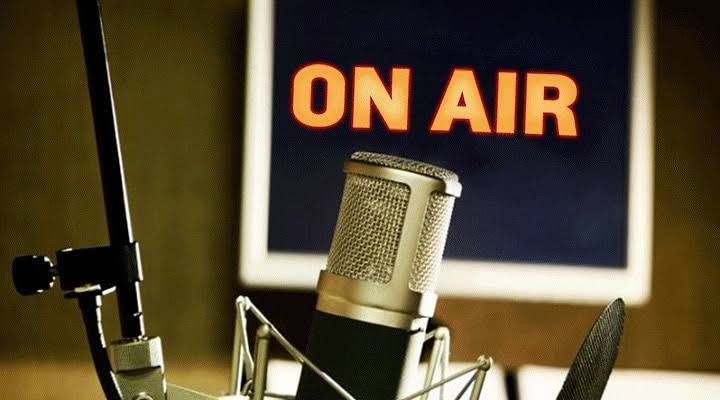In this moment of rapid growth in communication and technology, radio is now a big part of humans that cannot be left out of daily living. Many are addicted to listening to the radio, because it serves as their lullaby, to some it is their source of inspiration, as well as a medium of drawing from other people’s well of knowledge in order to stay relevant in the society. Listening to radio is just a norm to many.
Terrestrial radio, where frequency and license are required is major and very common in Ibadan. However, do you know Ibadan is now occupied with the sweet aroma of Internet Radio, such as; Primus Radio, Salt Radio, Rehoboth Radio Ng, Kakaaki Radio, ROJ Radio Network, Yes-Ma Radio, Strides Radio, Tsolid Radio, Well Radio, PEP Radio, Cone Radio, PAF Radio, Wells Radio, Hi-Praise Radio, Prince FM Radio, among others. Internet radio works a little differently, basically using an IP address to transmit audio, a process called streaming. Users can then visit this IP address on a web browser and be able to listen to the radio. It is distributed through a wireless communication network connected to a switch packet network (the internet) via a disclosed source.
Internet radio involves streaming media, presenting listeners with a continuous stream of audio that typically cannot be paused or replayed, just like terrestrial broadcast media; in this respect, it is distinct from on-demand file serving. Internet radio is also distinct from podcasting , which involves downloading rather than streaming.
One of the paramount added values of Internet radio, is that there are no geographic limitations apart from the fact that they don’t need fancy or expensive equipments and facilities, unlike that of terrestrial broadcast radio. So, as a radio owner, you can reach listeners all over the world, and as a listener, you can listen to your favorite station no matter where you are. Internet radio services are usually accessible from anywhere in the world with a suitable internet connection available. Anywhere you have an internet connection, you are able to listen! This has made internet radio particularly suited to and popular among listeners in the Diaspora.
Also, the improved technology has resulted in the improvement of radio creation, as many terrestrial radio stations try to secure a space on the internet. Surprisingly, many internet radio services are associated with a corresponding terrestrial radio station, because, not all areas are sound to receive radio signals, particularly, when the frequency is far from where one resides.
Admittedly, broadband connections in some areas are still a little bit problematic – but in some areas it may be that there are no relatively close main FM or DAB transmitters or even a relay transmitter. With this huge calamity on terrestial radio, internet radio transmission has come to bail out such.
Moreso, sound quality often suffers on traditional broadcast radio, because of interference and environmental factors. For example, signals can be lost in poor weather or when driving through a tunnel. Although with internet radio, these are challenges that you rarely face. Additionally, internet radio sound is often less compressed, compared to traditional radio sound. This means that internet radio provides higher quality audio overall, as you enjoy everything on terrestrial / internet space.
How Does Internet Radio Consume Data?
In this part of the continent, many have regarded internet radio as what one dares not dabble into, either as an operator or listener. Little do they know, that they’ve been robbed of the fact that one of the cheapest things to run and enjoy is internet radio, it does not consume heavy data as many think.
According to weirdshopper blog, an hour of listening to a radio station from your phone uses around 60MB. This is because connecting to a 128kbps stream uses around 1MB per minute. To be exact, it uses 0.94MB per minute, but it’s easier if you round up to whole numbers.
If your daily commute or drive to work takes up an hour one-way, then listening to the radio for the whole time will just use up less than 60MB. A two-way commute will use up 120MB.
See? It’s not that much which is a relief to have given that listening to the radio can be so interesting you forget how much data you’ve used up listening to it. To make it even simpler, if you use the radio via mobile data to and from work for a month, then you will only use up more or less 2.5GB.
Subscribe to our monthly magazine. April Edition is Out! (FREE)

